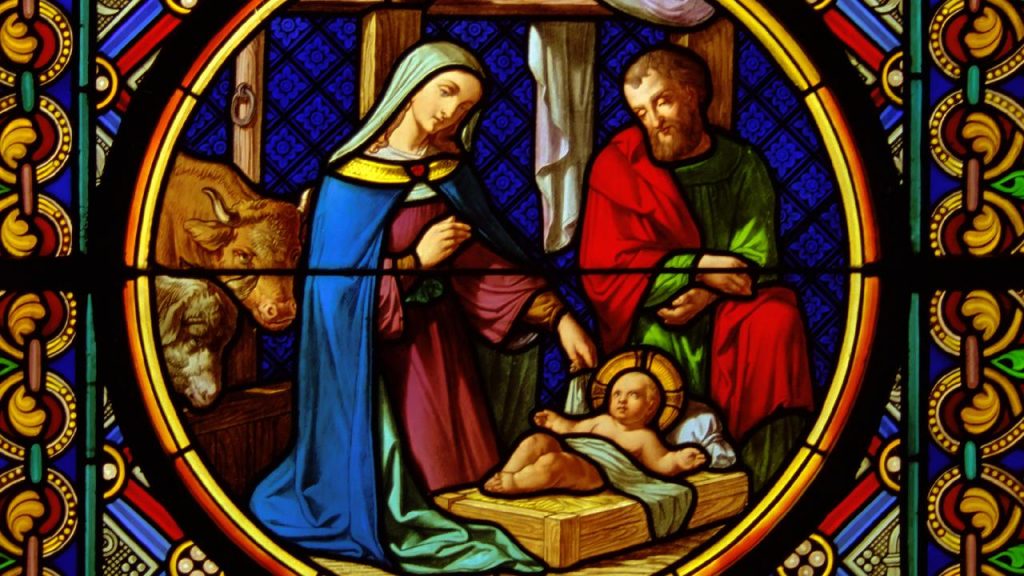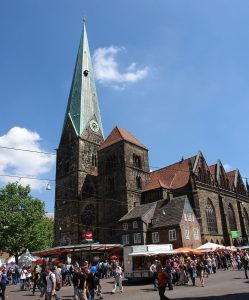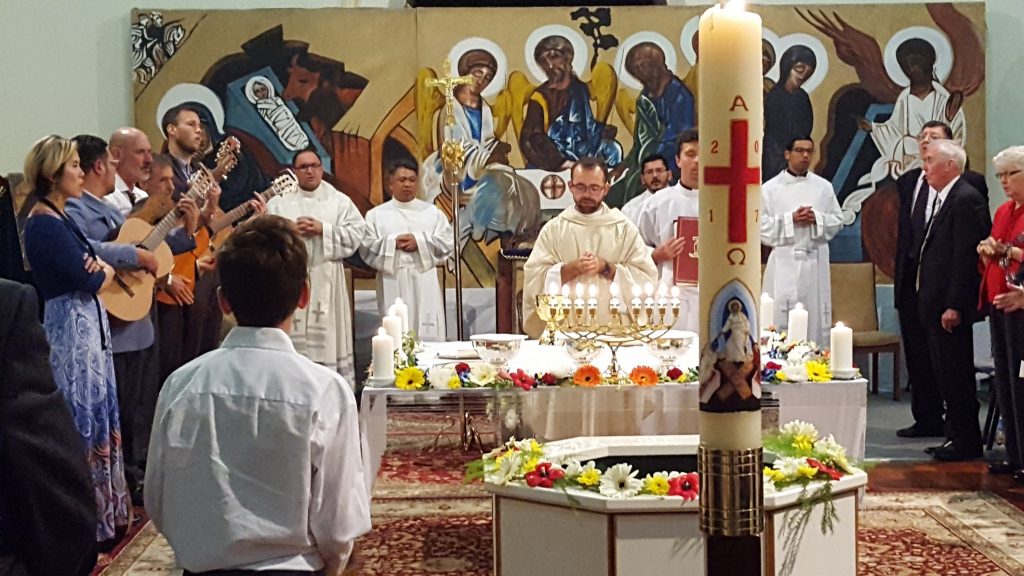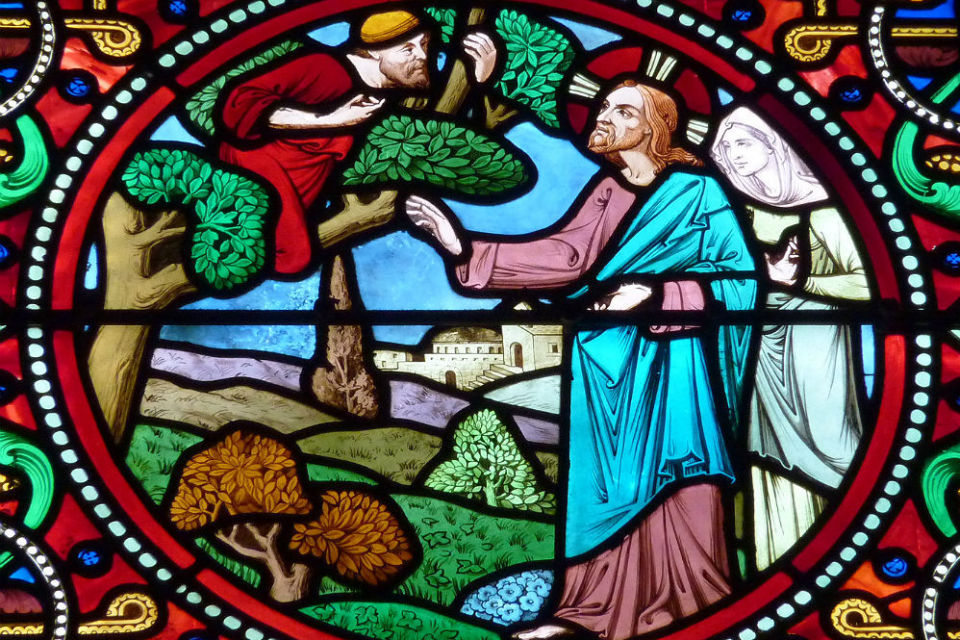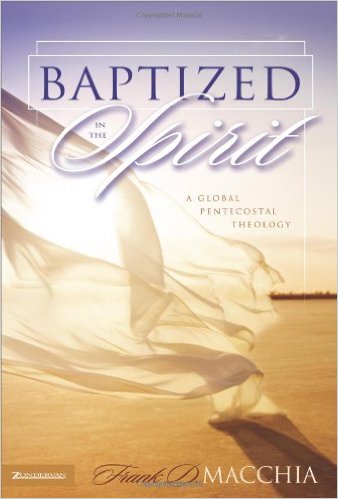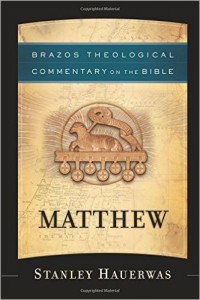We had our final Zoom Church service this morning; well, for now at least. From next Sunday our church will be meeting in person again, gathering for worship, fellowship, and teaching, and it seems that most of us are pretty keen to be back together again.
Our church is a smaller congregation with a mostly older demographic. The leadership did not even really consider the possibility of ‘live-streaming’ or pre-recording a service for distribution on the internet.
I’m glad. We would not have had the technical capability to do so, and I am sure the product would have been very poor. Instead they opted for a live Zoom Church model with two or so YouTube worship clips, one to start and one at communion. There was pastoral time, a shortened message, and general conversation at the end that most times included some Q&A around the topic of the message. They worked hard to make sure that our most senior members had devices, could get logged on, could make contact during lockdown via Facebook or email, and could join church services on Zoom. We had folk in their nineties who had never used a computer before joining in like old pros!
I’ve enjoyed Zoom Church. It’s been easy for me since I am not one of the organisers! Before Zoom I was at church early every week to help set up and participate in the worship ministry. For the last two months or more I have Zoomed in at 9:28am or so, wearing pretty casual around-the-house kind of clothes, participated in the service, and at the end, I was already home! It’s been a pretty-relaxed couple of months.
This relaxed approach to church can be deceptive, however. “How can I offer to the Lord that which costs me nothing?” asked David in Chronicles. It is possible that Zoom Church could reinforce the sense of worship and fellowship as optional aspects of Christian life. It could also reinforce a passive, individualist, or consumerist approach to Christian life and worship, although Zoom Church could be better in this respect than live-streaming. At least we can speak to and interact with one another in real time.
Actually this was both a blessing and a difficulty. I found the conversation time at the end of the service could be difficult with one person only at a time being able to talk. Typically our church gathers for ‘foyer time’ – coffee and cake and all kinds of goodies, as well as conversations that can linger on for longer than the service itself. Multiple conversations and prayers happen in this time, and frankly, I prefer the foyer to Zoom.
In Zoom Church we can see faces and hear voices which is great. But it is not the same as the embodied presence of one another when we are all together. Christianity is an embodied religion – think incarnation; think resurrection; think the church as the Body of Christ – and in this respect Zoom is less than adequate.
And embodied gathering is local, public, and visible in a way that Zoom Church is not, and this, too, is part of what it means to be the people of God in the world. The digital environment is a representation that does not yet mediate reality; I doubt it ever will. Reality is messier and more demanding.
But a blessing of Zoom Church has been a new experience and depth of spiritual conversation. At the end of the service many in the congregation have stayed online and we have opened discussions around the content of the message and theme preached. And sometimes, this has been very rich indeed. It was this morning, as different members shared insights and experiences of prayer, faith, brokenness, and hope. I came away from the service grateful for the privilege of having been there, enriched by the depth of conversation, in awe of the way in which God was teaching and forming us through the priesthood of all believers.
As we return to gathered services next week, the leadership of the church are planning to gather differently. We are not going back to ‘business as usual,’ but are endeavouring to retain some of the advances we have made in Zoom Church. Foremost for me, is the hope that we can retain and grow in this practice of spiritual conversation.
